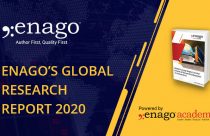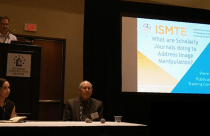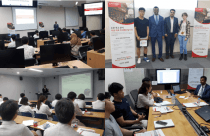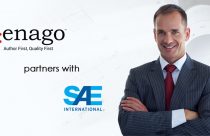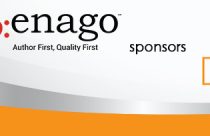Enago’s Editors Earn the Popular BELS Certification
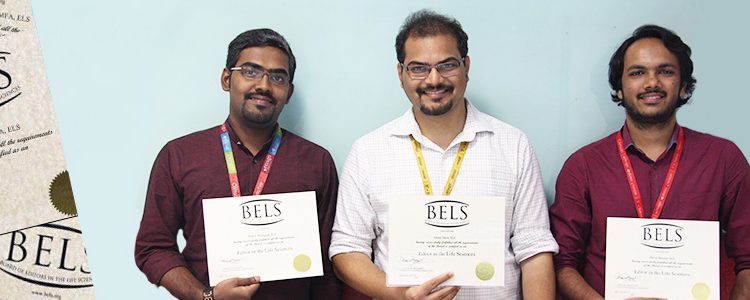
It has been Enago’s constant endeavor to enhance the skills as well as reward talented editors, and so we have always encouraged the concept of “learn while you earn” amongst our core team of editors. Each year, Enago sponsors the BELS certification examination for all eligible editors to help them challenge their expertise and get certified and recognized by an international organization. For this examination, Enago’s learning and development team is constantly involved in the preparation process as well as provides assistance for the application process to BELS.
The Board of Editors in the Life Sciences (BELS) was officially founded in Maryland in 1991 and is synonymous to excellence in manuscript editing in the life sciences with the primary objective of being able to establish a standard of proficiency for editing skills. To be eligible for the examination, the candidates should have prior experience in editing.
From 1991 to 2017, there have been >140 BELS examinations, which have contributed to improve the professionalism of >1,200 manuscript editors in 23 countries in the field of life sciences. We are pleased to announce that Ishan Dave, Assistant Manager, Enago Academy; Nikhil Thangiah, Assistant Managing Editor, Editing Operations; and Dhruv Maniar, Associate Research Editor, Editing Operations have successfully cleared the prestigious BELS examination in February 2017 and can now proudly add the tag “ELS” after their names.
Here is what the editors had to say about their experience:
 “Being a chemist, I had very little exposure to life sciences, so BELS was definitely an interesting and challenging exam for me. My initial tenure at Enago helped me develop my skills as an editor as well as learn about the scholarly publishing industry. I got to know of the credibility and importance of the BELS certification through my mentors and colleagues. So, when Crimson offered the chance to appear for the BELS examination, I definitely did not want to let go of it. The practice tests and resources provided by Enago were particularly helpful. Needless to say, when I received the news, it was definitely a proud moment for me to know that I am now part of a niche group of industry-recognized professionals.”
“Being a chemist, I had very little exposure to life sciences, so BELS was definitely an interesting and challenging exam for me. My initial tenure at Enago helped me develop my skills as an editor as well as learn about the scholarly publishing industry. I got to know of the credibility and importance of the BELS certification through my mentors and colleagues. So, when Crimson offered the chance to appear for the BELS examination, I definitely did not want to let go of it. The practice tests and resources provided by Enago were particularly helpful. Needless to say, when I received the news, it was definitely a proud moment for me to know that I am now part of a niche group of industry-recognized professionals.”
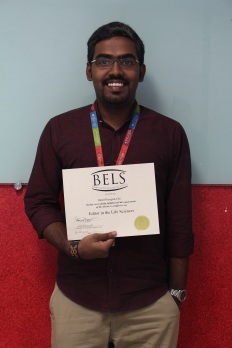 “I was motivated to achieve the credentials of being certified by BELS after a few of my colleagues achieved it last year. My experience in editing with Enago definitely helped. In addition, the entire preparatory process enabled me to understand editing from a completely different perspective. The training sessions and the discussions played a major role in helping me being able to clear the exam. Moreover, it has encouraged me to identify and take up a few trainings and strategic initiatives based on my experience. The overall experience has been extremely enriching, and I encourage every editor to aspire to be a BELS-certified editor. I am truly grateful to Enago for giving me such an opportunity. A dream truly fulfilled!”
“I was motivated to achieve the credentials of being certified by BELS after a few of my colleagues achieved it last year. My experience in editing with Enago definitely helped. In addition, the entire preparatory process enabled me to understand editing from a completely different perspective. The training sessions and the discussions played a major role in helping me being able to clear the exam. Moreover, it has encouraged me to identify and take up a few trainings and strategic initiatives based on my experience. The overall experience has been extremely enriching, and I encourage every editor to aspire to be a BELS-certified editor. I am truly grateful to Enago for giving me such an opportunity. A dream truly fulfilled!”
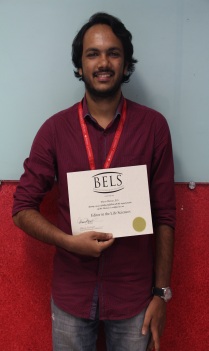 “Having worked as a full-time Editor at Enago for over 2 years, I was presented with an opportunity to apply for ELS certification as a part of the Learning and Development initiative at Enago, and my tenure prepared me well for it. We had the benefit of being mentored by the ELS personnel in our preparations. We had about 10 mock tests in-house, each followed by a detailed discussion. This really helped us learn many concepts (and unlearn a few, too) and helped us enter the examination hall with the right mindset. I finished the paper well before time and re-checked a few responses. I was elated to know that I had cleared the exam, and it feels good to use the post-nominal “ELS”. I would like to thank the ELS members, Nicola Unger, and Anupama Kapadia for their time and support and for being so committed to making us do well.”
“Having worked as a full-time Editor at Enago for over 2 years, I was presented with an opportunity to apply for ELS certification as a part of the Learning and Development initiative at Enago, and my tenure prepared me well for it. We had the benefit of being mentored by the ELS personnel in our preparations. We had about 10 mock tests in-house, each followed by a detailed discussion. This really helped us learn many concepts (and unlearn a few, too) and helped us enter the examination hall with the right mindset. I finished the paper well before time and re-checked a few responses. I was elated to know that I had cleared the exam, and it feels good to use the post-nominal “ELS”. I would like to thank the ELS members, Nicola Unger, and Anupama Kapadia for their time and support and for being so committed to making us do well.”





